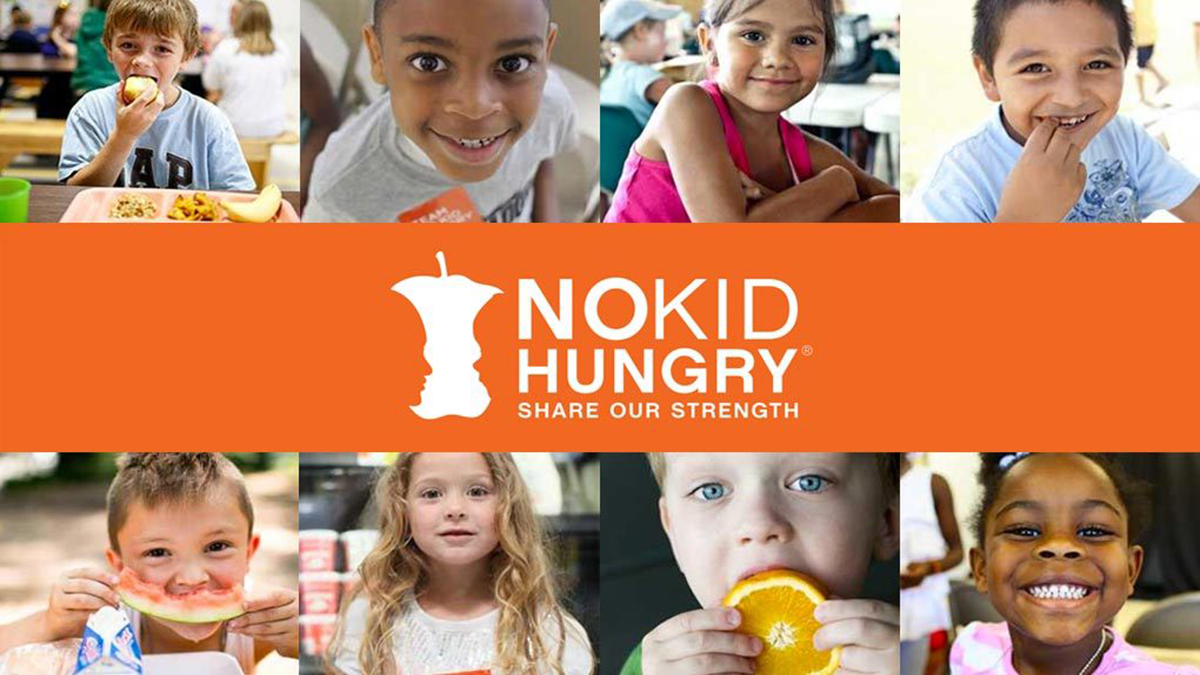This story is an excerpt from Stone Soup for the World: Life Changing Stories of Everyday People.
Told by Bill Shore
Battles are won or lost, and the future is decided, inside one room. In a presidential campaign it’s called the War Room. In the White House it’s called the Situation Room. At Boston City Hospital’s Growth and Nutrition Clinic, the doctors call it what it is: a coat room. It’s the only place they could find. But don’t let the name fool you. The work done here is often a matter of life or death.
This is where Dr. Deborah Frank and her team—a doctor, a social worker, a nutritionist, a community worker, and a psychologist—meet every Wednesday. They ask themselves what can be done for Boston’s malnourished babies, born into the poorest of families. Every day, Dr. Frank and this dedicated team face medical problems that medicine can’t cure. They look for symptoms, not with a stethoscope, but by examining a family’s lifestyle, parent-child dynamics, and household budgets.
From this coat room, Dr. Frank has helped nourish “at risk” babies for nearly two decades. She and her team sit on lopsided swivel chairs, crowded around a small table, reviewing cases and choosing strategies. All around them are sup- plies to meet the needs of their patients—coats, shoes, secondhand clothing, and a makeshift food pantry.
Today the team is working on a case that has everyone stumped. Rosie Smith, twenty-six months old, has not gained an ounce in four months. The doctors classify her as “failing to thrive.” With her height and weight far below normal for her age, the tiny girl faces the likelihood of lifelong health problems and learning difficulties. Rosie’s worried parents insist that they always give her enough food, even though their income is below the federal poverty line. Dr. Frank hunts for clues to why the markers on Rosie’s growth chart won’t budge.
This five-foot-tall dynamo doctor is passionate about kids. She will be the first to tell you it takes more than food to fight hunger. She knows that in America, childhood hunger masquerades as a sleepy kindergartener, a toddler with an ear- ache that won’t go away, or a seemingly healthy two-year-old who is really an undernourished four-year-old.
She reaches beyond the limits of traditional medicine, investigating the homes of families in need. Low test scores, underactive learning behavior, and under- developed bodies and brains are some of the clues she looks for. For some, she prescribes enrollment in federal nutrition programs; for others, adequate housing. She stocks peanut butter and raisins right next to the cotton swabs and bandages in her tiny office.
She also coaches thousands of parents through the daily dilemmas of raising children under less-than-ideal conditions. Many parents must make painful choices: heating their homes or eating; giving an infant all the milk or watering it down so the other kids get some; filling growling tummies with water until the next meal or distracting the kids until the hunger passes.
Dr. Frank must be doing something right: Eighty-five percent of the children from her clinic have reversed their malnutrition and are growing normally.
Back in the coat room, Dr. Frank has a winning idea. She shouts out, “A high chair! Do Rosie’s parents have a high chair?” That was it! Evidently, Rosie was eating while walking around the house and never stopped long enough to digest her food. The clinic team will get a high chair for Rosie, and Dr. Frank will make certain that the family receives extra support, as well as a follow-up home visit.
“Hungry children need more than a high-calorie, high-protein diet,” Dr. R Frank says. “They need medical care to address the serious complications of malnutrition. They need teachers who have the time to give individualized attention to their learning style. They need their parents’ workplace to offer health insur- ance, and, of course, they need love.”
Dr. Frank is one of the thousands of extraordinary people involved with Share Our Strength, the anti-hunger organization that meets immediate demands for food while investing in organizations that have a proven track record of success and whose work actually attacks the root of the hunger problem. Since 1984, Share Our Strength has mobilized thousands of people nationwide—chefs, writ- ers, business leaders, and artists—to lend their skills and talents, raising more than $65 million in the fight to end hunger.
Through unique partnerships with American Express, Tyson Foods, Inc., and other corporations, Share Our Strength is able to help people like Dr. Frank and her team bring kids like Rosie back to health. Each year, Share Our Strength hosts gourmet “Taste of the Nation” events across the country, where 100 percent of ticket sales benefit the fight to end hunger. Tyson Foods has donated millions of pounds of their products to food banks across the country.
Share Our Strength measures its success not by the number of meals they’ve served, but by the families they’ve helped for the long run—families like Rosie’s, who no longer go to a food pantry at the end of the month. With a healthy start in life, Rosie takes her rambling spirit into a brighter future. Her strength will help her learn better and live better, and help the world thrive.
There’s a country at the end of the world where no child is born, but to outlive the moon.
William Butler Yeats Educate yourself on the issues of hunger and poverty so that you can take action. To learn more about how you can make a difference in the fight to end hunger, visit nokidhungry.org or shareourstrength.org


